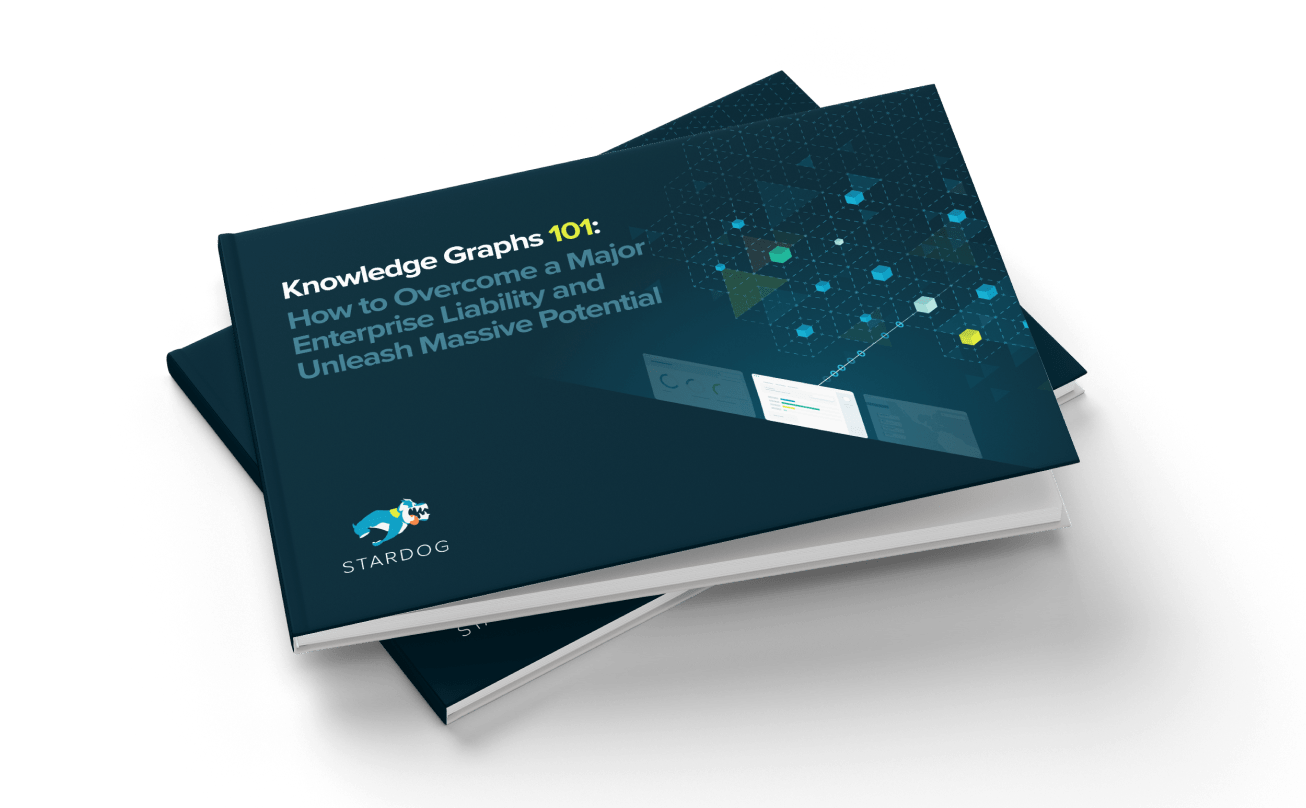Stardog: What's Coming Next?

Get the latest in your inbox

Get the latest in your inbox
Stardog is on the move; we got Stardog 1.0 out the door without anyone dying; we’ve got customers; people are using it; and we released Stardog Community, too.
Since the 1.0 release in June we’ve done 6 releases, about one every two weeks. Most of them have focused on small usability improvements, performance tweaks, and, of course, bug fixes.
But where are we headed now with Stardog development?
The most pressing need in Stardog is support for SPARQL 1.1. We got stuck between the devil and the deep blue sea—trying to push the 1.0 release before the SPARQL Working Group was completely finished with the SPARQL 1.1 spec. We were motivated to avoid reimplementing any parts of SPARQL 1.1 because the spec shifted. So we decided SPARQL 1.0 for the Stardog 1.0 release. Then we told everyone that SPARQL 1.1 would be the highest priority item for the post-1.0 release cycle.
And so it’s been.
As of this writing, Stardog TRUNK supports all of SPARQL 1.1 query language; property paths are not totally finished but we’re close. We already support a superset of the HTTP protocol for 1.1, so that’s good.) Finishing property paths, final testing, and tweaking will take a bit longer: we expect Stardog 1.1 release to be out by the end of October. It will include full SPARQL 1.1 support.
Except for the bits we don’t like.
Frankly we’re nervous about adding update operations to SPARQL (the query language; we already support update in our HTTP and SNARL protocols) because we’re worried about SPARQL injection attacks. So we’re going to take a bit more time to work out a secure design for supporting update operations in the query language. Stay tuned for those bits some time after the 1.1 release.
Stardog already has the best and most comprehensive OWL 2 reasoning of any RDF database; but we’re not finished making it better. In Stardog 1.1 we’ll debut user-defined rule reasoning; some domain modeling just doesn’t fit easily into OWL axioms. Sometimes you really need to write a damn rule!
Stardog 1.1 will support user-defined rules using the SWRL syntax; it will include all of the SWRL builtins, as well as a much-requested new builtin that allows SWRL rules to create new individuals. (Strictly speaking, this new builtin is a gun with which users may easily shoot themselves a non-terminating wound. Don’t say you weren’t warned!)
Finally, we’ve added a Datalog engine to Stardog and we’ll use that to support the rest of OWL 2; that is, we’ll use the new Datalog engine to support transitivity (first) and (later) equality reasoning.
SPARQL query performance is our primary obsession these days, especially for very complex queries involving lots of joins, etc. We think answering complex queries is the sweet spot for SPARQL and RDF-based information systems. And since we reduce OWL reasoning to SPARQL query answering (more or less), we have additional motivation to make it really fast.
We’ve pushed many SPARQL FILTER operations down further into query evaluation, with the result that in many cases queries with FILTERs are much faster. We’ve also improved database write performance—which is, admittedly, a lower priority than database read performance—by being more clever with how we torture the disk head. We’ve also increased Stardog write safety during system instability (power cord got yanked?!) by writing more aggressively and more often to disk. Finally, we’re looking at some new data compression techniques that may let us speed up disk reads substantially.
We’re working on hot backup, i.e., backing up a Stardog database without having to take it offline. We’ll add that to the JMX monitoring that’s been sitting in a branch for nearly 9 months; the new query management subsystem; and the long-awaited web console. These production features will make life easier for the operations people in yr life.
Finally, geospatial query answering and reasoning are coming to Stardog. We’re implementing GeoSPARQL and, while it’s still very early in the development cycle, we’re excited and confident it’ll be a very useful addition.
How to Overcome a Major Enterprise Liability and Unleash Massive Potential
Download for free